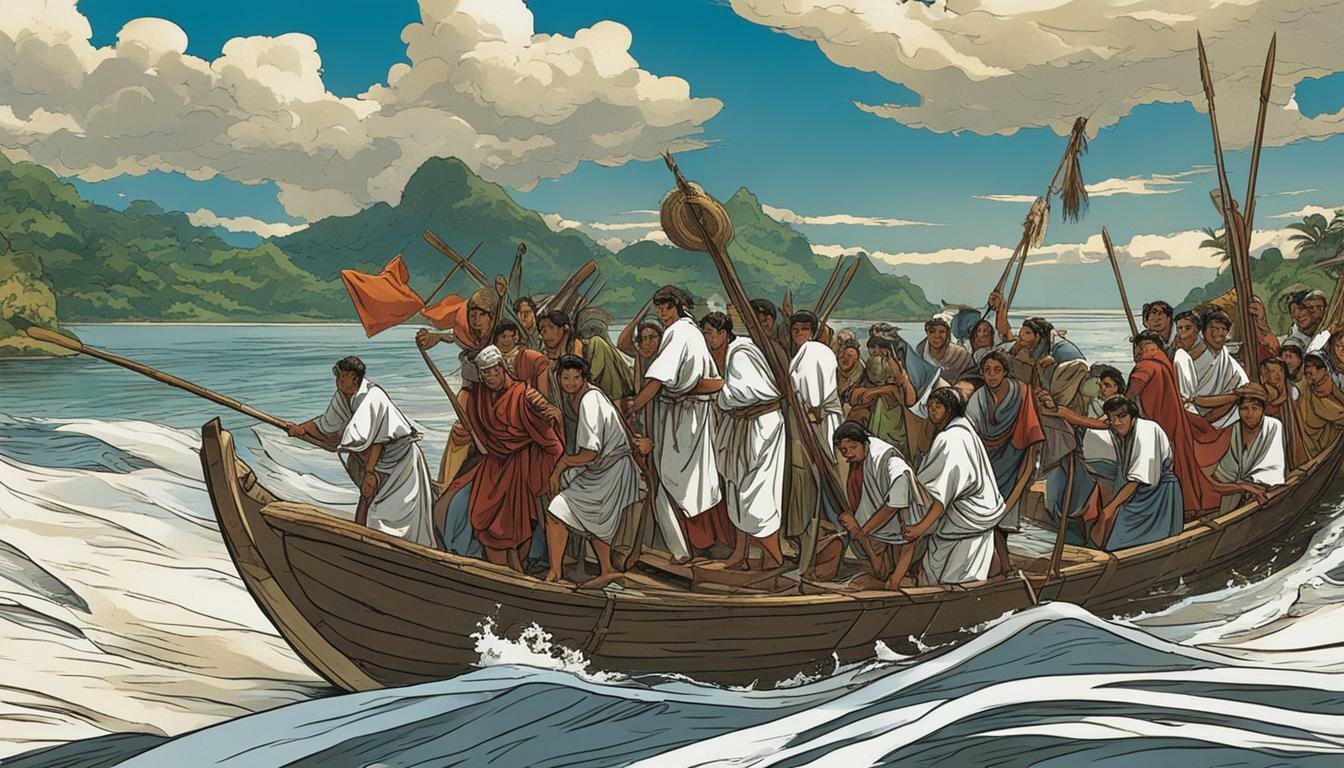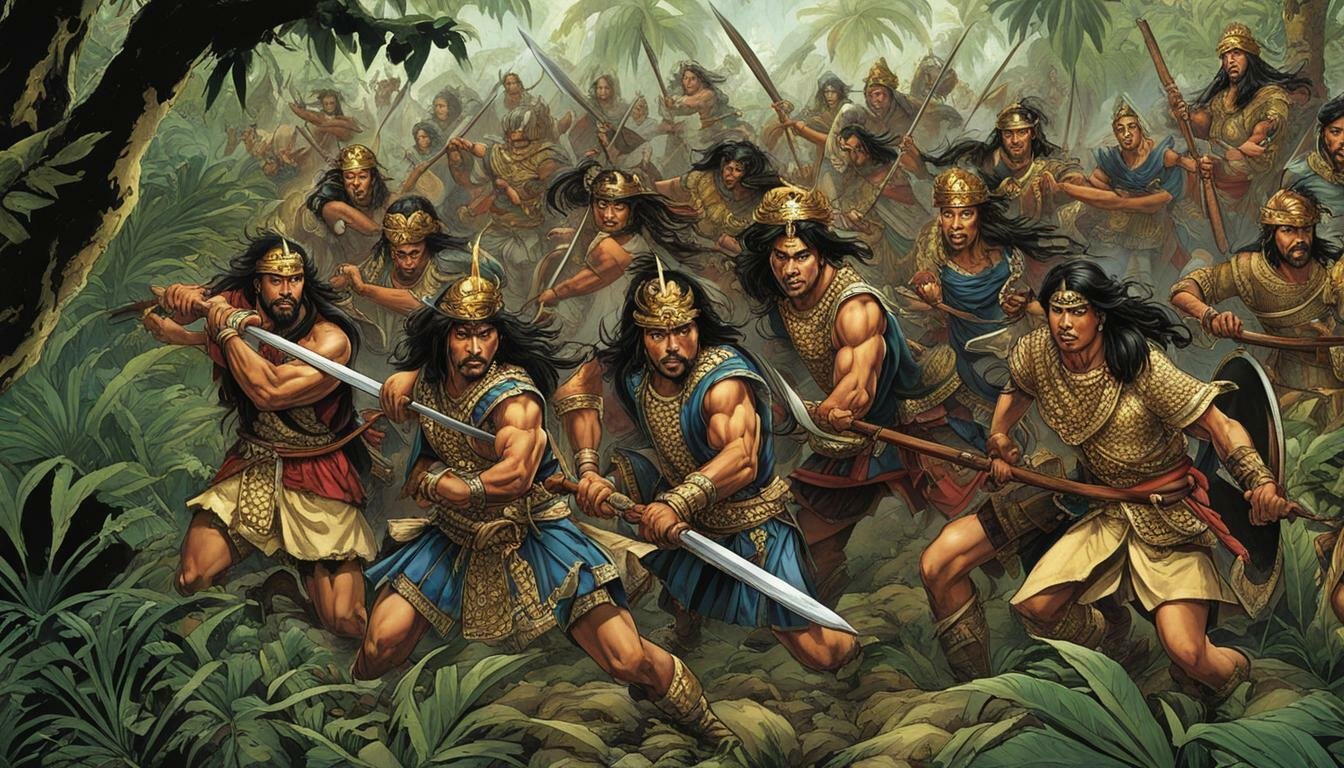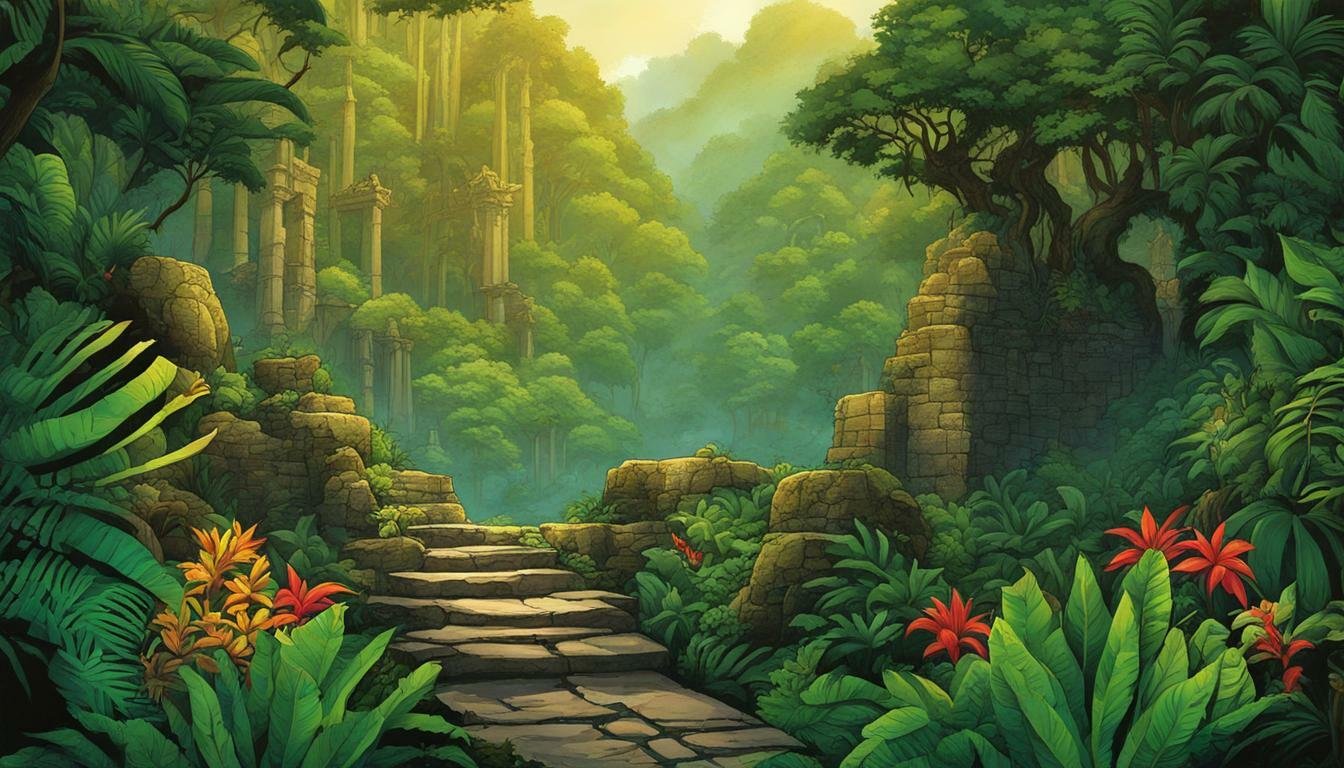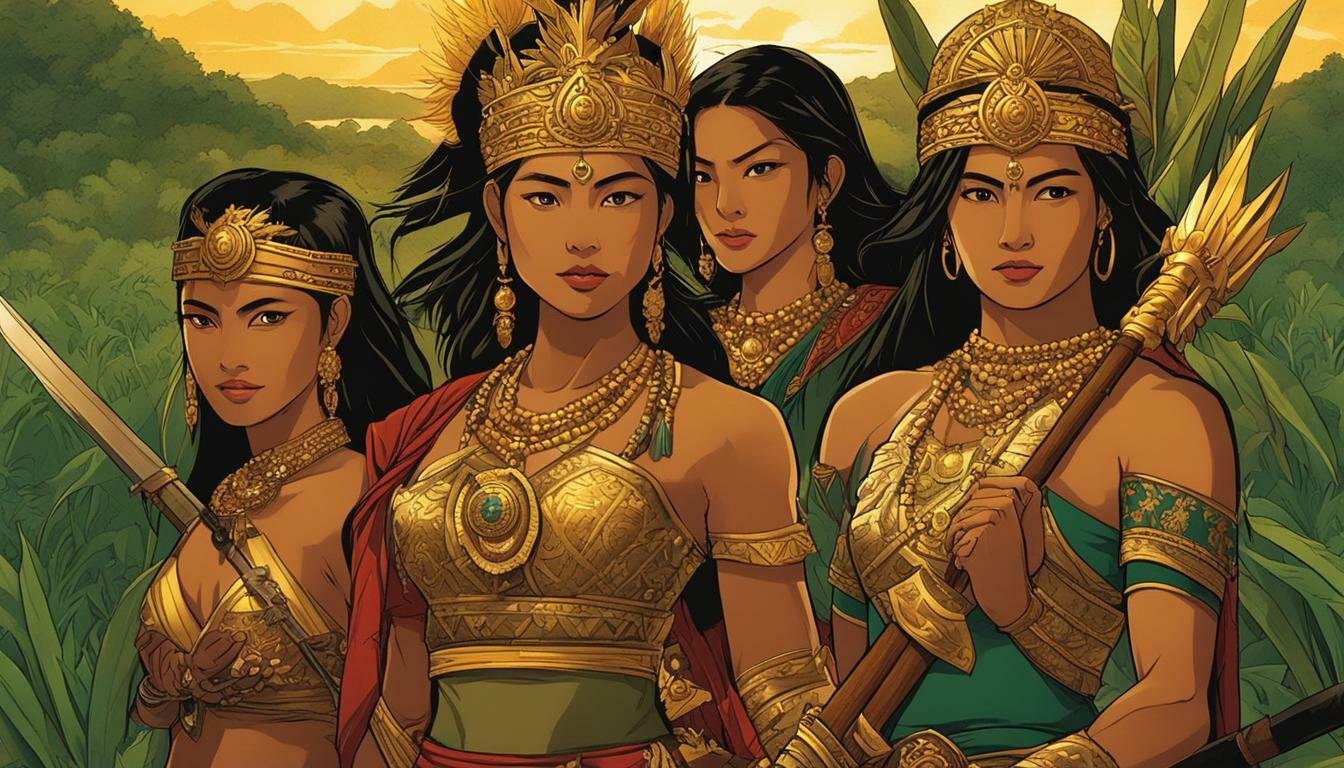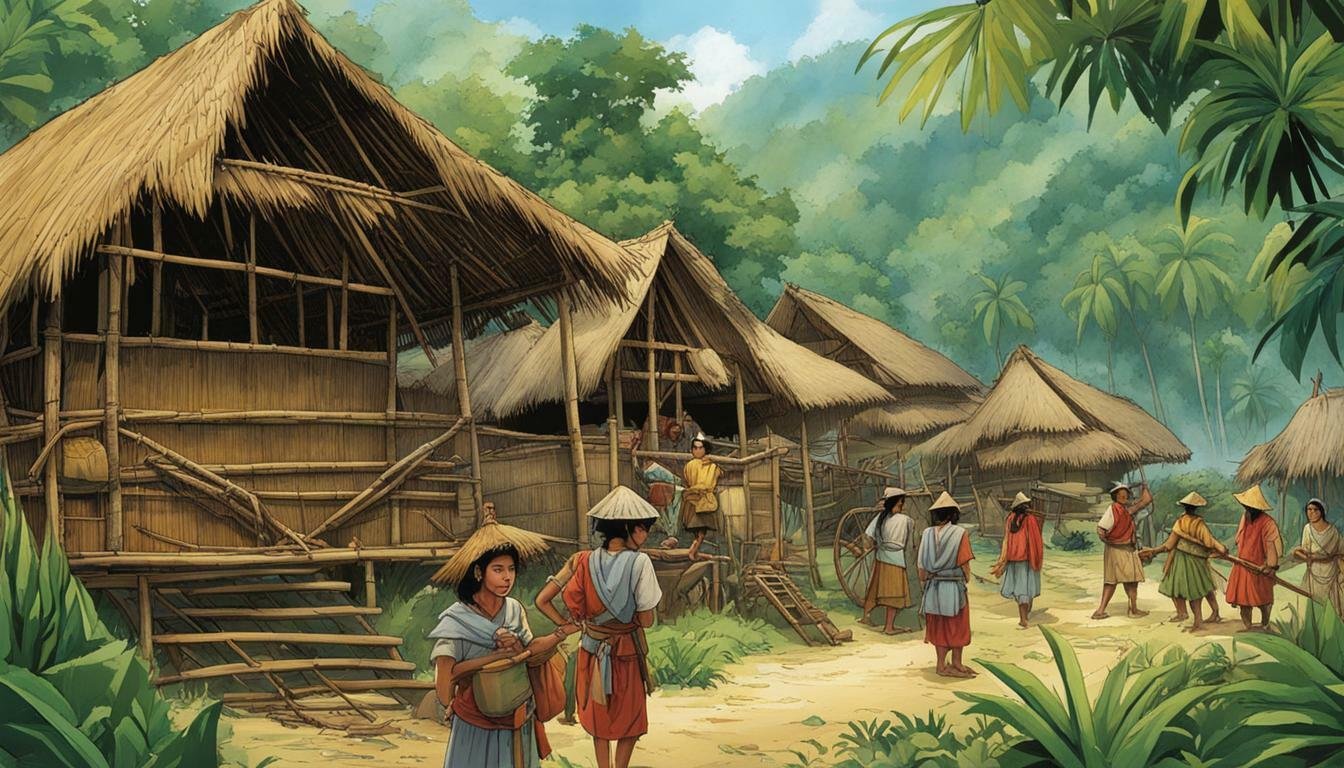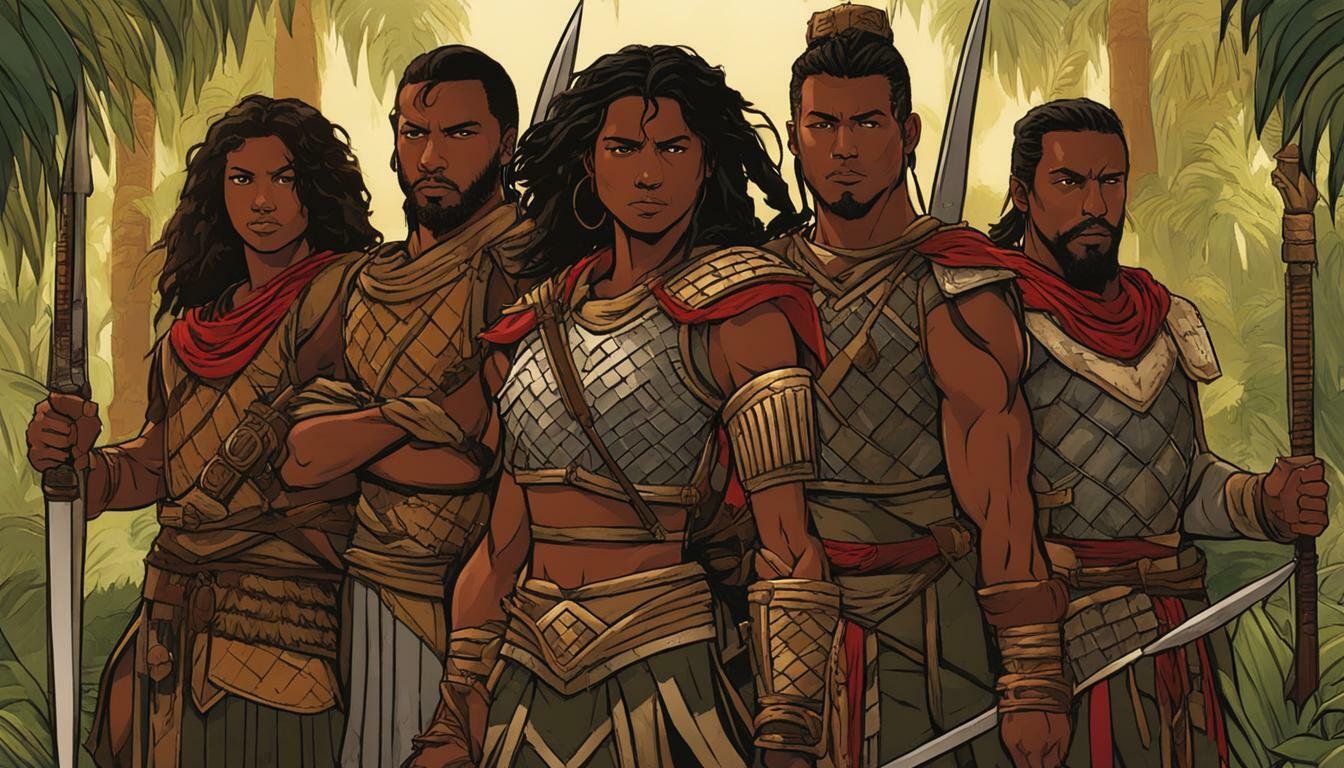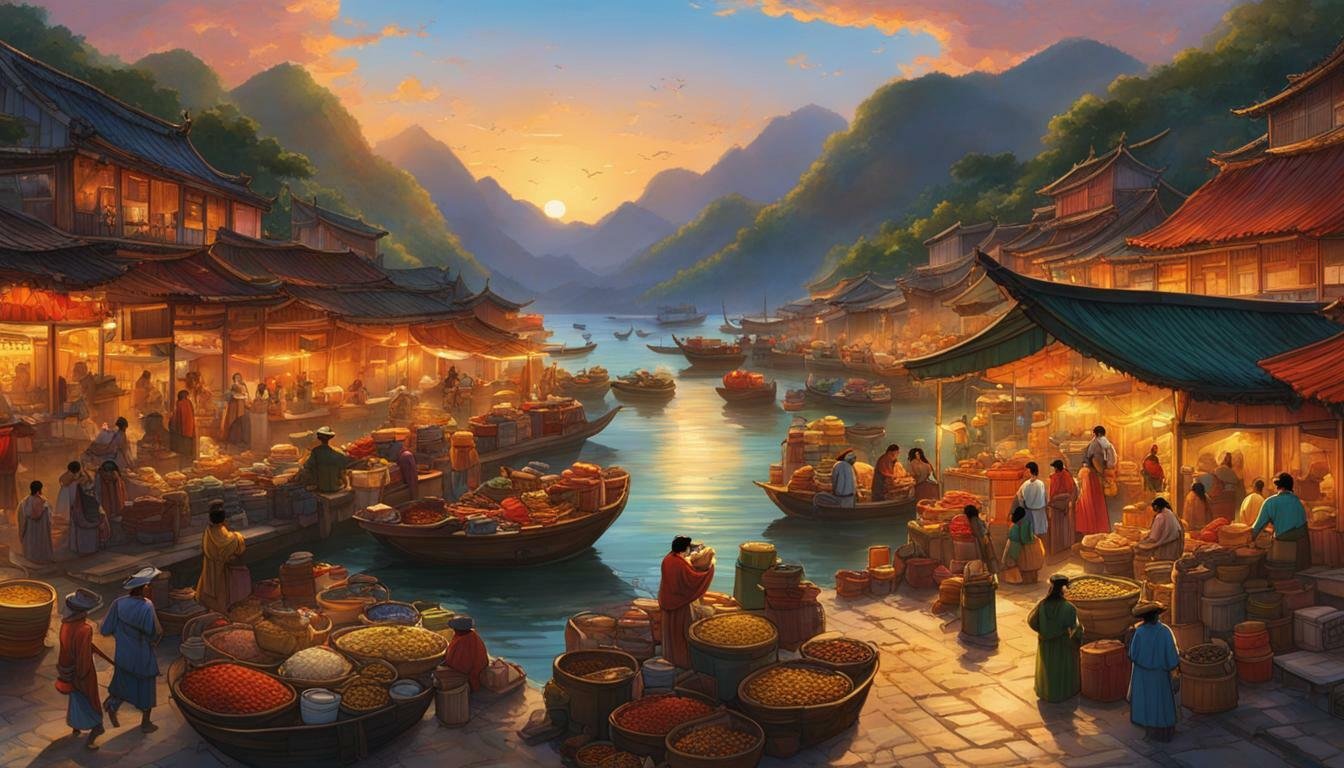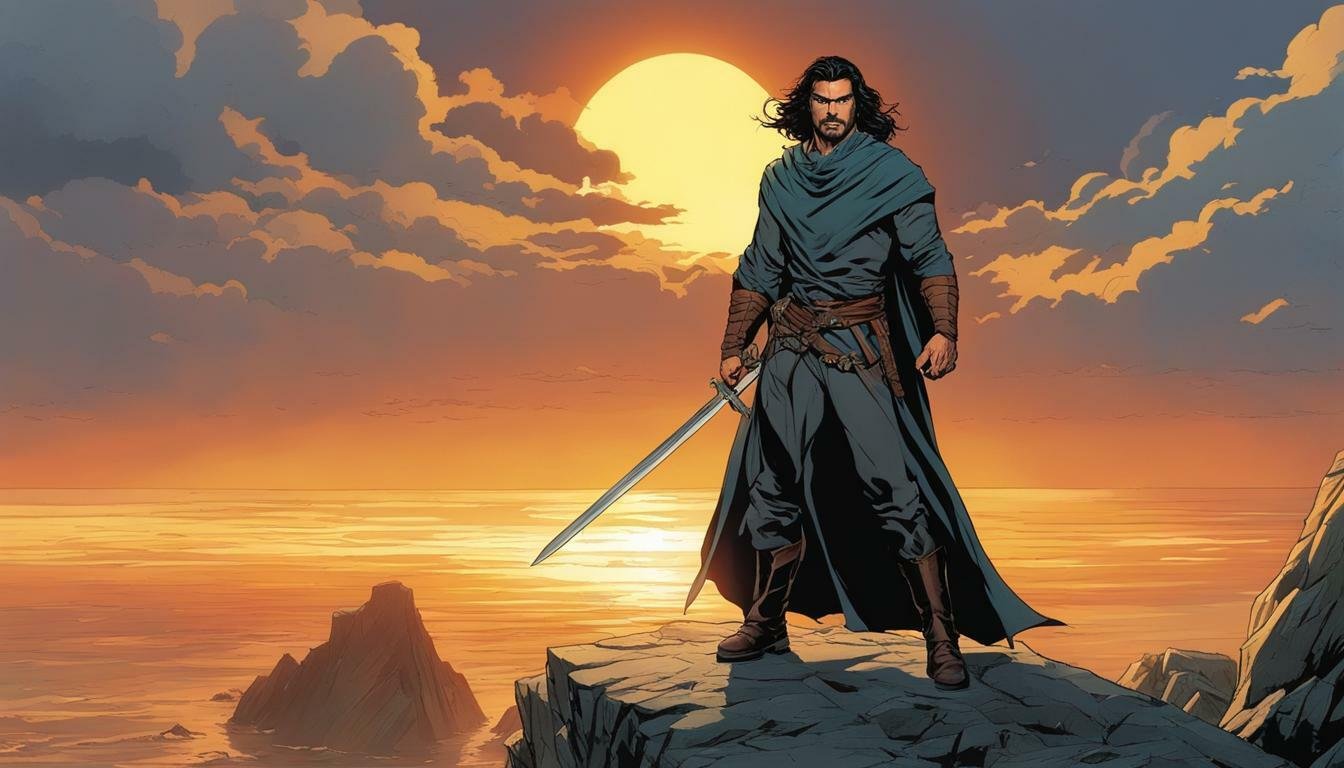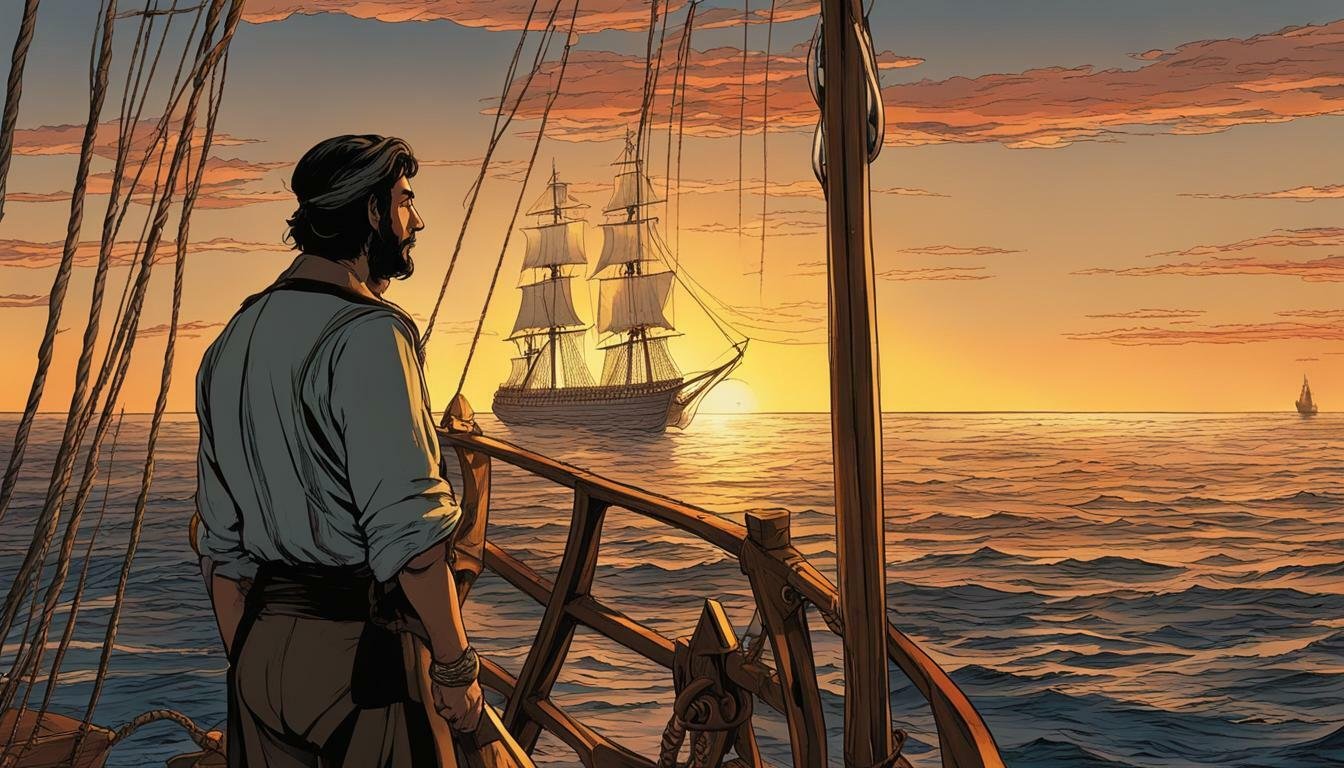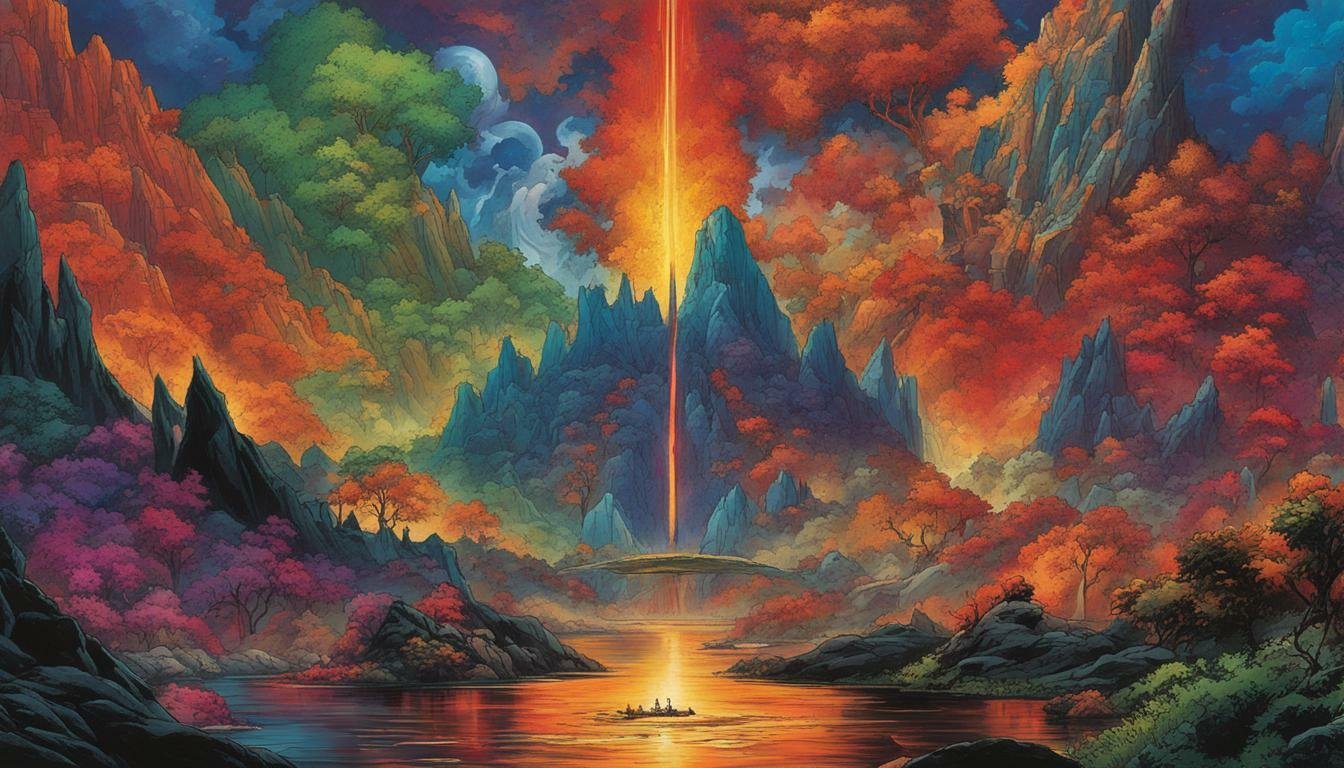The year is 1565. After decades of failed attempts following the initial contact by Ferdinand Magellan in 1521, Spain finally succeeded in establishing a permanent foothold in the archipelago that would eventually become known as the Philippines. This pivotal moment in Philippines History was spearheaded by the expedition of Miguel López de Legazpi, a seasoned…
Pre-Colonial (900–1560)
Philippine Pre-Colonial Headhunting
The practice of taking heads, often viewed through a Western lens as barbaric savagery, held deep and complex significance in many Indigenous Cultures Philippines during the Pre-colonial Philippines. Far from being random acts of violence, Philippine Pre-Colonial Headhunting was intricately woven into the social, political, and spiritual fabric of the communities that practiced it. It…
Unveiling the Mysteries of Prehispanic Philippines
Long before Spanish galleons dropped anchor on its shores in the 16th century, the archipelago that would become the Philippines was a vibrant tapestry of diverse societies, complex economies, and rich cultural traditions. The period known as Prehispanic Philippines, or Pre-Colonial Philippines, often remains shrouded in mystery for many, overshadowed by the narratives of the…
The Maharlika Class
The rich tapestry of Philippine history is woven with intricate social structures that predated the arrival of European colonizers. Among the most discussed, and sometimes misunderstood, elements of this early societal framework was the Maharlika Class. Often romanticized or debated in modern discourse, the historical Maharlika occupied a significant position within the pre-colonial social hierarchy…
The Life of the Alipin Class
The tapestry of Philippine history is rich and complex, woven from the threads of diverse cultures, migrations, and social structures that existed long before the arrival of European colonizers. Among the most intriguing, and often misunderstood, aspects of this pre-colonial society was the Alipin class. Far from a monolithic group, the life of the Alipin…
The Timawa Class
In the rich tapestry of pre-colonial Philippine societies, long before the arrival of Ferdinand Magellan in 1521 and the subsequent Spanish era, social structures were intricate and well-defined. These societies, typically organized into autonomous political units known as Barangay, were not monolithic, exhibiting regional variations in language, customs, and even social stratification. However, a common…
Exploring Philippine Trade with the Sa Huynh Culture: A Deep Dive
Long before the arrival of Ferdinand Magellan in 1521 and the subsequent Spanish Colonization under Miguel López de Legazpi, the islands that would eventually form the Philippines were far from isolated. They were vibrant participants in extensive Ancient Trade Routes that crisscrossed Southeast Asia and beyond. These maritime connections facilitated not just the exchange of…
Exploring Ruy López de Villalobos: Spanish Explorer Extraordinaire
The vast expanse of the Pacific Ocean held both immense promise and perilous mystery for the European powers of the 16th century. Following Christopher Columbus’s voyages and Ferdinand Magellan’s circumnavigation, Spain, driven by the thirst for wealth, territorial expansion, and the spread of Christianity, turned its gaze westward across the formidable “Great South Sea.” While…
Revealing the Life of Explorer Álvaro de Saavedra Cerón
The Age of Discovery was a transformative era in human history, driven by European powers’ insatiable desire for new trade routes, resources, and knowledge of the world. Among the many brave, and often ill-fated, figures who ventured into the unknown, Álvaro de Saavedra Cerón holds a significant, albeit sometimes overlooked, place. Commissioned by the formidable…
The Afterlife Realms: Exploring Kasamaan, Kalaliman, Alanganin, and Kalangitan
The Philippines, an archipelago of over 7,000 islands, boasts a cultural tapestry woven with threads of indigenous traditions, colonial influences, and modern adaptations. Long before the arrival of Ferdinand Magellan in 1521 and the subsequent Spanish Colonization, the diverse communities inhabiting these islands possessed rich and complex spiritual systems. Central to these systems were intricate…

